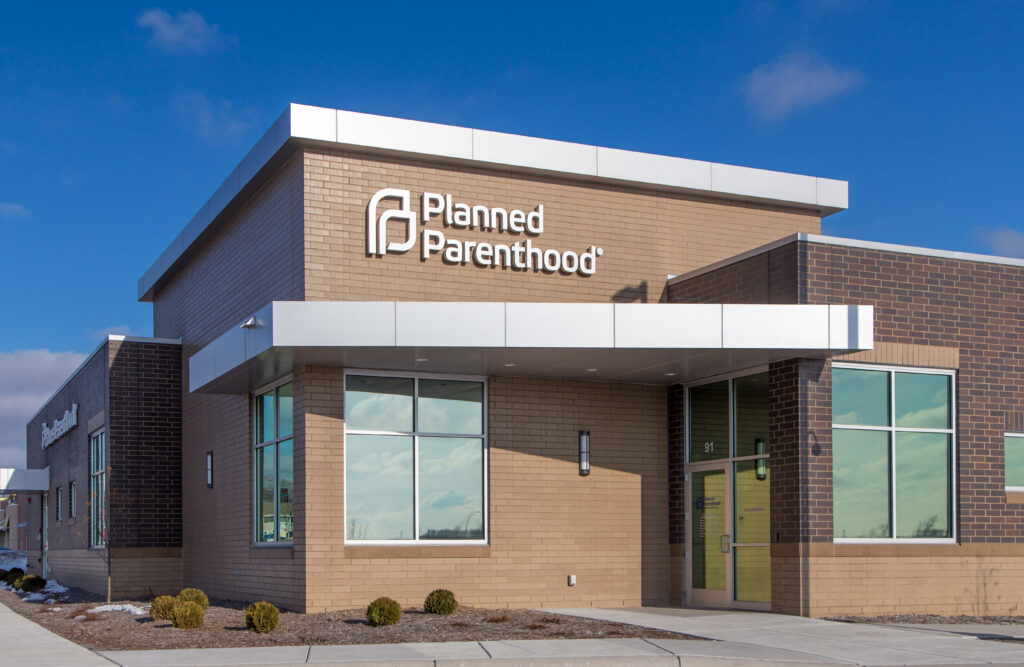Near Absence of Embryonic Stem Cells in California Clinical Trial Program

In 2013, the California Institute for Regenerative Medicine (CIRM) – the nation’s largest funder of stem cell research outside of the federal government – authorized a new program, the Alpha Stem Cell Clinics Network.
The Network’s goal, according to CIRM, “is to accelerate the development and delivery of stem cell treatments to patients.” To achieve this, CIRM approved $70 million “to create a new statewide network of sites that will act as a hub for stem cell clinical trials.” CIRM envisioned a network of “up to five clinic sites at established academic institutions.” To date, three Alpha Stem Cell Clinics have been created, housed at City of Hope, University of California San Diego, and UCLA/UC Irvine.
In March of this year, City of Hope hosted the Network’s second annual symposium, bringing together patients and researchers to review and discuss progress in stem cell clinical trials.
CIRM’s website lists 36 ongoing clinical trials at the three Alpha Clinic locations. As the Lozier Institute has highlighted on numerous occasions regarding prior grants made by CIRM (here, here, and here), what is noteworthy about these Alpha Clinic clinical trials is the near absence of trials utilizing human embryonic stem cells (hESCs).
Of the 36 ongoing Alpha Clinic clinical trials, just two utilize human embryonic stem cells[i], and even so, those stem cells are not the primary focus of the trial. This merits a closer look.
The two trials, which are technically two parts of the same trial, are being undertaken by the company ViaCyte, Inc. The first trial began in 2014. The second, which is ongoing, is a follow-up to evaluate the safety effects on patients treated in the first trial.

The main purpose of the trial, according to clinical trials.gov, is to test the efficacy of ViaCyte’s VC-01™, a device intended to be planted under the patient’s skin for the purpose of delivering pancreatic progenitor cells derived from hESCs. So the focus of the study is the performance of the device, not the stem cells it carries.
The device itself is neutral regarding the stem cells used – i.e., such a device could just as well deliver pancreatic cells that have been derived, e.g., from induced pluripotent stem cells (iPSCs).
In 2014, Harvard researcher Doug Melton published a report in Cell, describing how he and his team had used hESCs to create mature, insulin-producing beta cells that were also responsive to changes in glucose in their environment. However, in that same paper, Melton et al. reported generating insulin-producing beta cells from iPSCs that were identical to those generated from hESCs. According to news reports, Melton is working to develop his own system for delivering these cells to patients.
Again, according to news reports, Melton has also expressed concern that because the stem cells ViaCyte is using are immature pancreatic cells – rather than mature, insulin producing beta cells – they may take months to become functional and that not all will become beta cells, instead becoming other types of pancreatic cells.
The fact that Prof. Melton was able to derive fully functional, insulin producing cells from non-embryonic sources means that the Alpha Clinic clinical trial using hESCs does not require such cells for success. Should the trial prove that ViaCyte’s VC-01™ device is viable, it should be just as capable of delivering fully functional iPSC-derived beta cells to patients. That is, cells derived from human embryonic stem cells would not be required. This recalls a condition put forth by the presidential National Bioethics Advisory Commission stating that if ethically preferable alternatives to the use of hESCs exist, those alternatives should be used instead.[ii]
CIRM is approaching the end of the ten-year term that voters approved for it in November 2004.[iii] Already, citizens of California are debating what, if any, future the institute may have. There is no doubt that CIRM has had an enormous influence on the direction of stem cell research in the United States over the course of the last decade. But as the Alpha Clinic program, coming fairly late in CIRM’s term, shows (along with CIRM’s direction of grant-making in general over the years), CIRM’s own direction has, ironically, been moving away from its original mission to give priority funding for human embryonic stem cell research and towards clear support for ethically non-contentious alternatives.
Gene Tarne is Senior Analyst for the Charlotte Lozier Institute.
[i] Eight use adult stem cells or iPSCs and three use stems cells derived from fetal tissue. These fetal-derived stem cells are considered non-embryonic, adult stem cells, but given their source they create their own ethical issues. The remaining trials involve gene therapy, using the patients’ own stem cells or T cells.
[ii] In 1999, then-President Clinton’s National Bioethics Advisory Commission became the first such body to investigate the ethical issues surrounding human embryonic stem cell research (hESCR). NBAC made pursuit of the research conditional: harvesting “left-over” IVF embryos for stem cells “is justifiable only if no less morally problematic alternatives are available for advancing the research (at pg. 53).” In other words, given the ethical problems associated with it, hESCR should not be pursued if viable, ethically non-contentious alternatives to it exist. In the case of the ViaCyte trial, it would seem such an ethically non-contentious alternative does, in fact, exist.
[iii] While approved by voter referendum in 2004, CIRM began issuing its first grants in 2007.
























